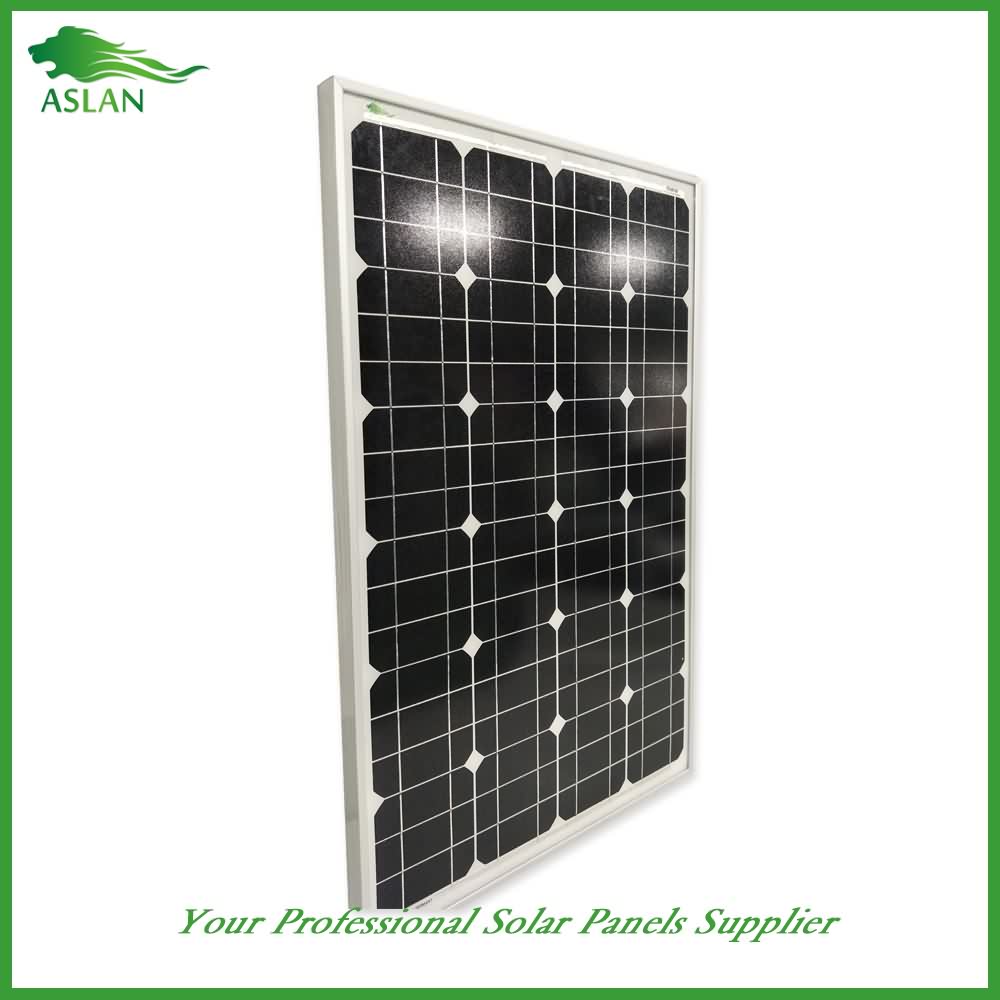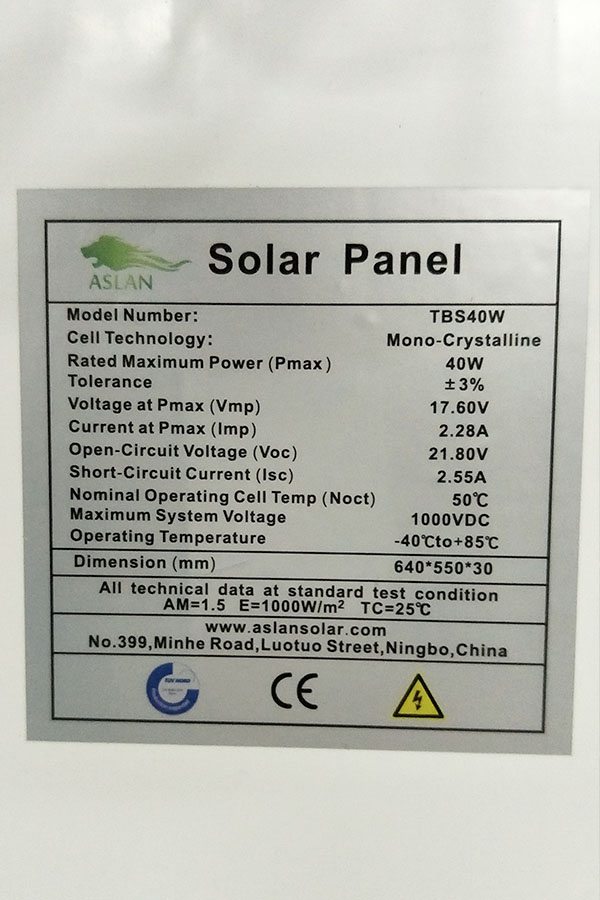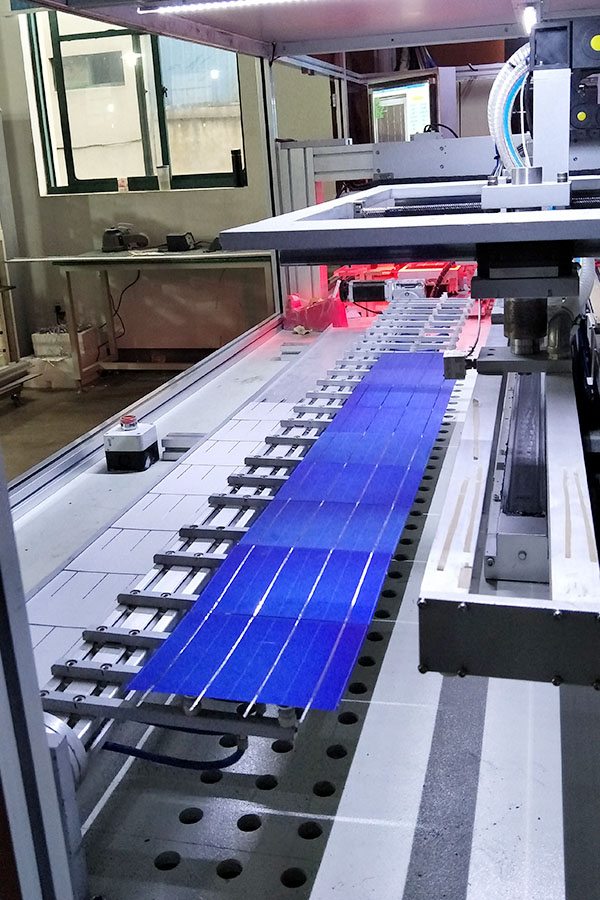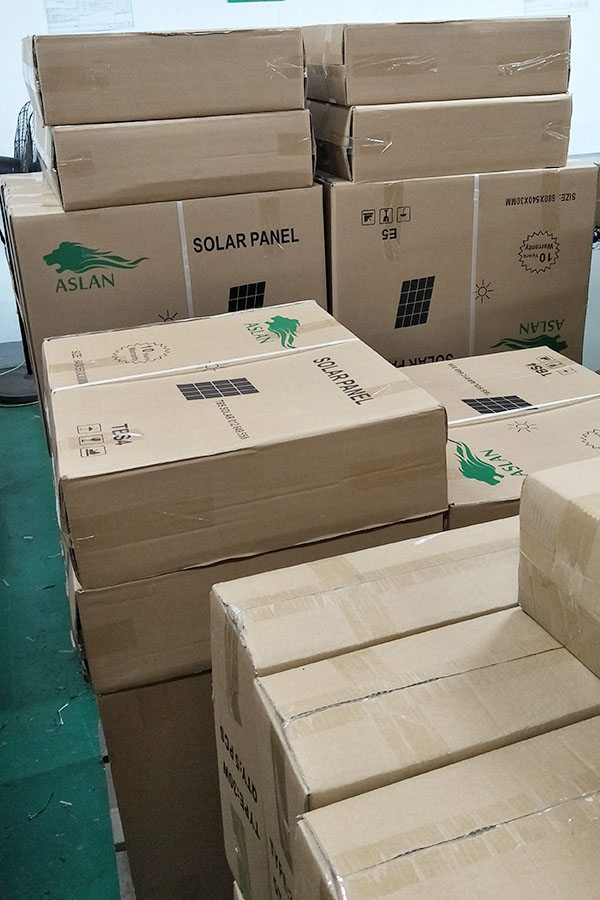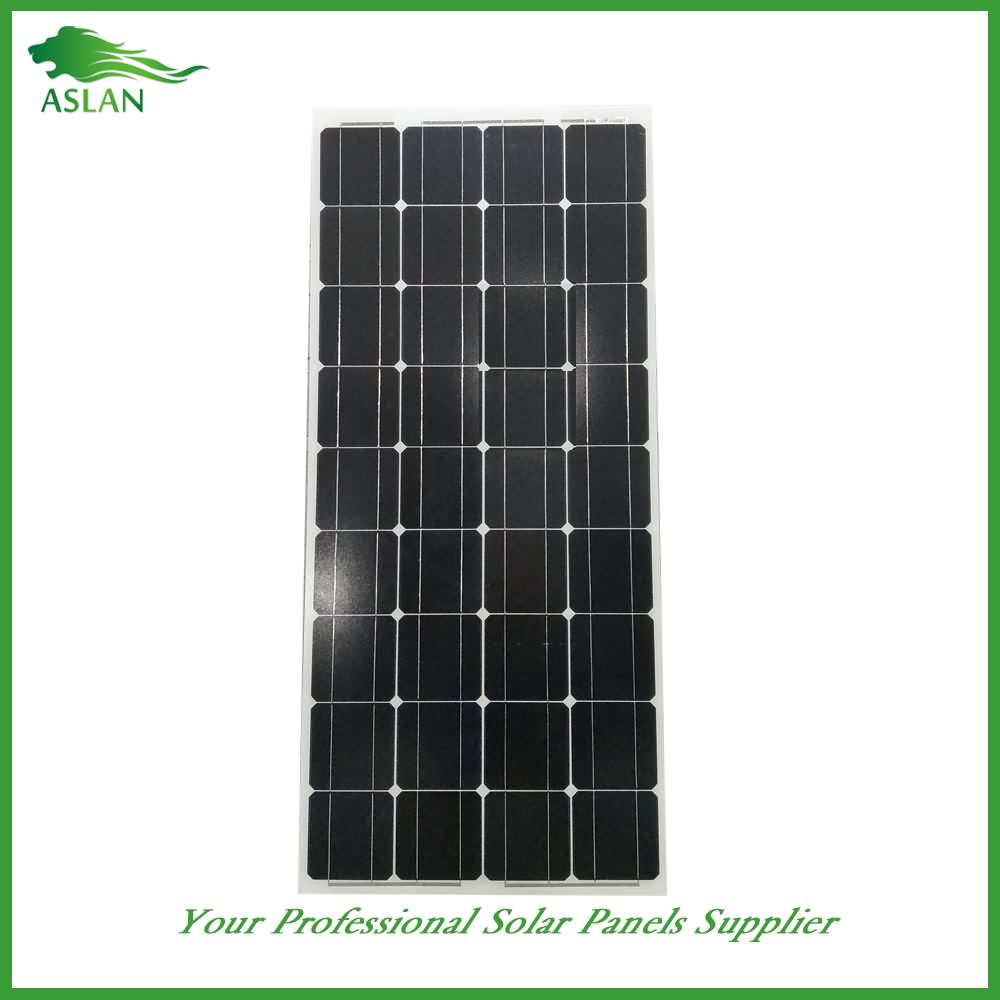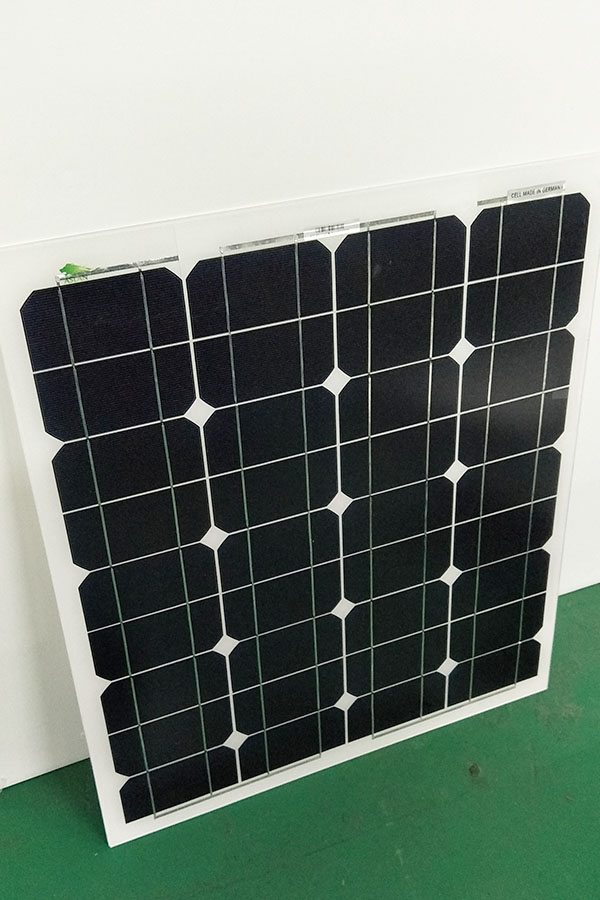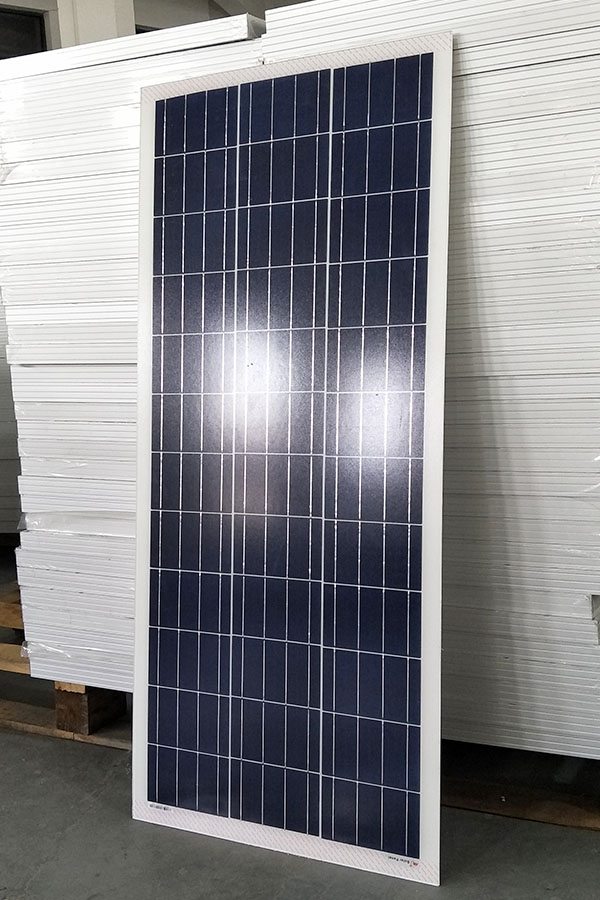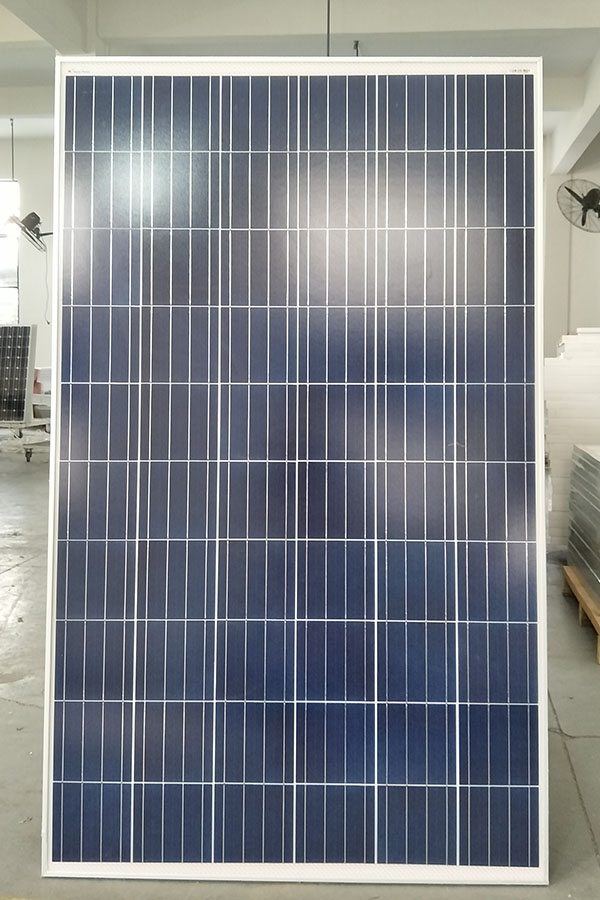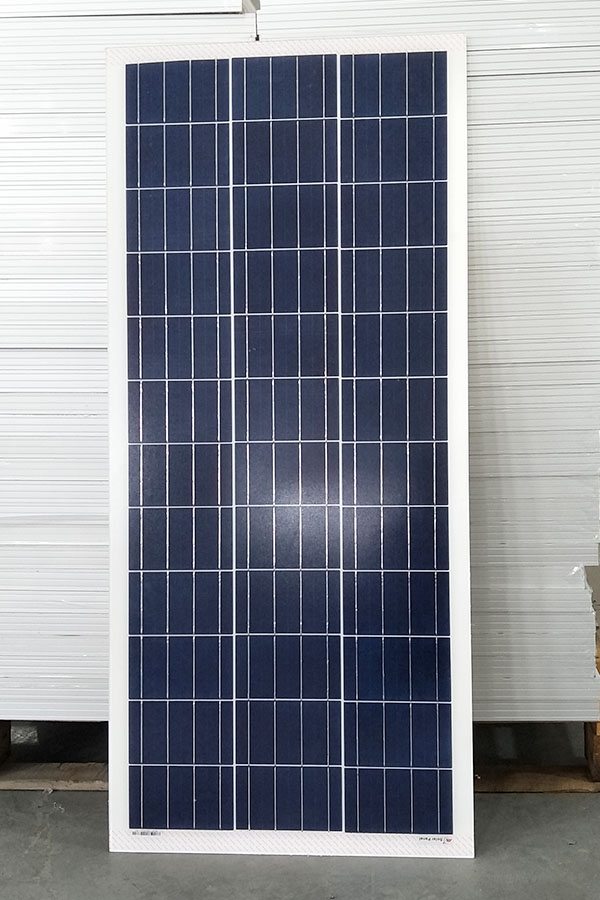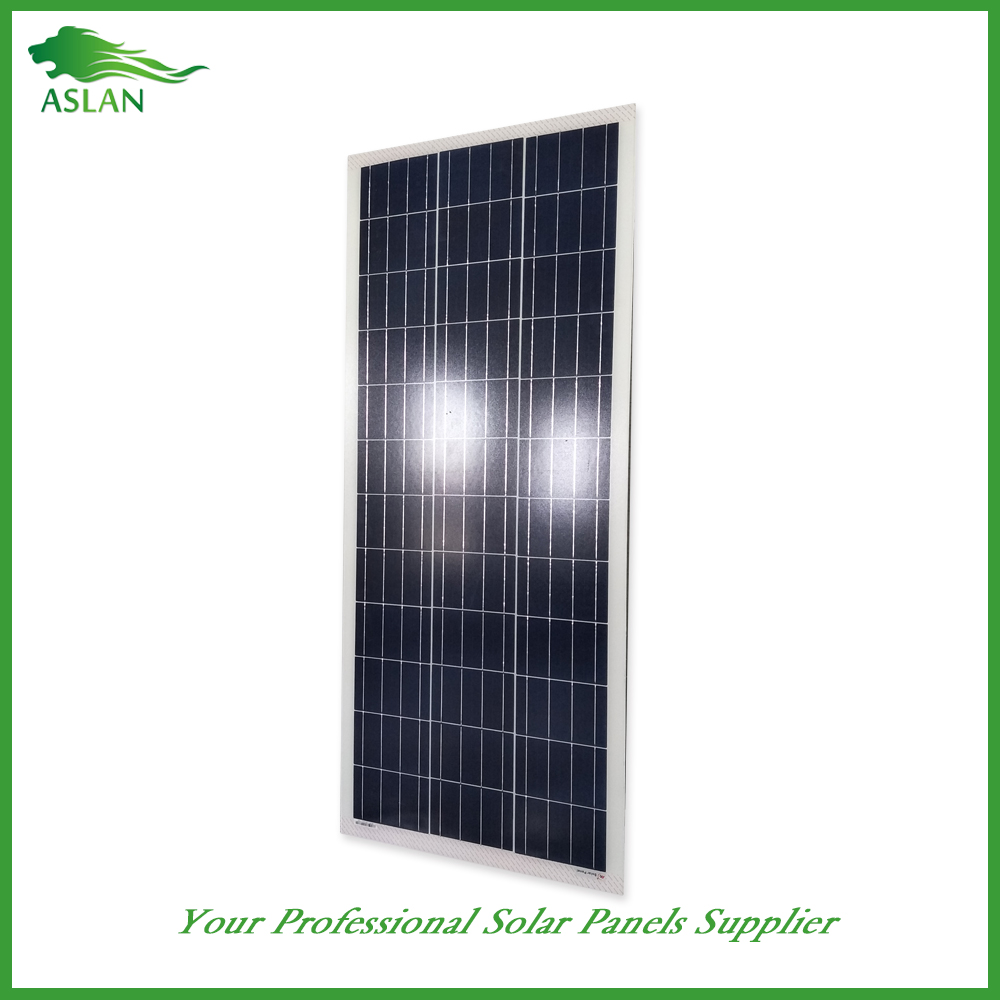Factory provide nice price Mono-Crystalline 80W Solar Panel to The Swiss Manufacturer
Short Description:
We always work as a tangible team to ensure that we can provide you with the best quality and the best price for Factory provide nice price Mono-Crystalline 80W Solar Panel to The Swiss Manufacturer, We sincerely welcome overseas customers to consult for the long-term cooperation and the mutual development.We strongly believe that we can do better and better.
Mono-Crystalline 80W Solar Panel
Technical parameter
Maximum Power(W) 80W
Optimum Power Voltage(Vmp) 15.90V
Optimum Operating Current(Imp) 5.03A
Open Circuit Voltage(Voc) 18.58V
Short Circuit Current(Isc) 5.59A
Mechanical Characteristics
Cell Type Monocrystalline 125x125mm (5 inch)
No of Cell 36 (4x9pcs)
Dimensions 906x670x35mm
Weight 7.2KGS
Front Glass 3.2mm,High Transmission, Low iron, tempered Glass
Junction box IP65 Rated
Output Cable TUV 1×4.0mm2/UL12AWG,Length: 900mm
Temperature and Coefficients
Operating Temperature(°C): -40°C ~ + 85°C
Maximum System Voltage: 600V(UL)/1000V(IEC) DC
Maximum Rated Current Series: 15A
Temperature Coefficients of Pmax: -0.435%
Temperature Coefficients of Voc: -0.35%
Temperature Coefficients of Isc: 0.043%
Nominal Operating Cell Temperature (NOCT): 47+/-2°C
Materials of solar panel
1).Solar Cell——Mono-crystalline solar cell 125*125mm
2).Front Glass——-3.2mm, high transmission, low iron, tempered glass
3).EVA——-excellent anti-aging EVA
4).TPT——-TPT hot seal made of flame resistance
5).Frame——anodized aluminum profile
6).Junction Box——-IP65 rated, high quality, with diode protection
Superiority: high quality anodized aluminum frame, high efficiency long life, easy installation, strong wind resistance, strong hail resistance.
Features
1. High cell efficiency with quality silicon materials for long term output stability
2. Strictly quality control ensure the stability and reliability, totally 23 QC procedures
3. High transmittance low iron tempered glass with enhanced stiffness and impact resistance
4. Both Polycrystalline and Mono-crystalline
5. Excellent performance in harsh weather
6. Outstanding electrical performance under high temperature and low irradiance
Quality assurance testing
Thermal cycling test
Thermal shock test
Thermal/Freezing and high humidity cycling test
Electrical isolation test
Hail impact test
Mechanical, wind and twist loading test
Salt mist test
Light and water-exposure test
Moist carbon dioxide/sulphur dioxide
This is a video of my 2012-2013 Science Fair project. It shows how copper solar cells were made for my experiment. In this part of the experiment, copper was heated on high for 15 minutes and cooled for 30 minutes. During the heating time, cuprous oxide formed on the copper. After that, a layer of black cupric oxide formed on top of the cuprous oxide. As the copper cooled, some of the cupric oxide flaked off, revealing light orange cuprous oxide underneath. This cuprous oxide was used to convert light energy to electricity in my solar cells.
We employed two photoresistors to detect the relative position of a mild supply. Using a feed-back management loop the motor rotated in an attempt to position the photosensor straight beneath the mild supply. Modifying the potentiometer adjusted how reactive our system was.
This equipment would be nearly employed as the base for a solar panel. It would adjust the angle of the panel based on the sun’s position in the sky. Considering the fact that the sunlight would usually be straight hitting the panel, the system would usually take up the utmost amount of power.
Project Finished by MIDN 3/C Gavin and MIDN 3/C Johnson, Techniques Engineering, US Naval Academy
